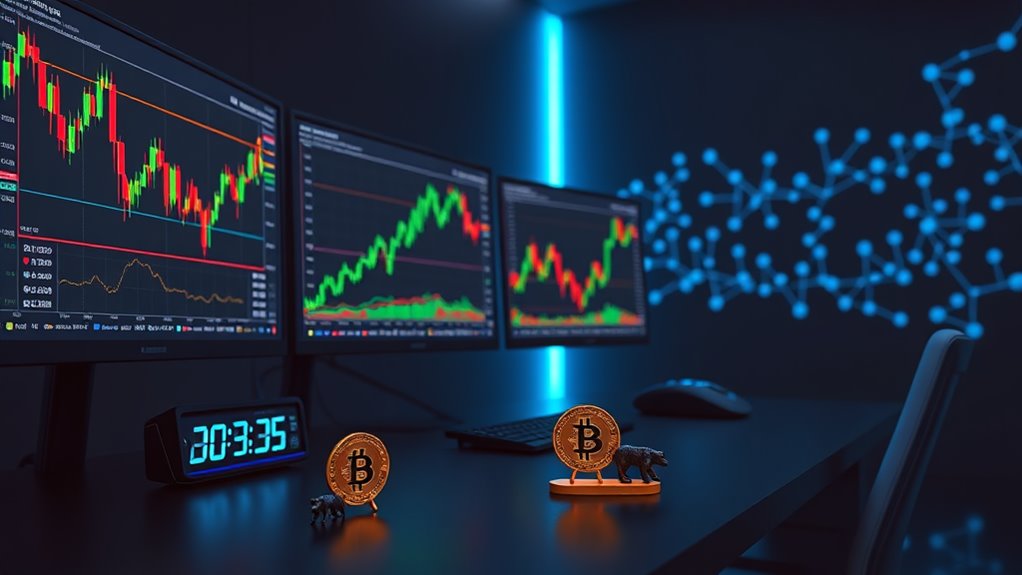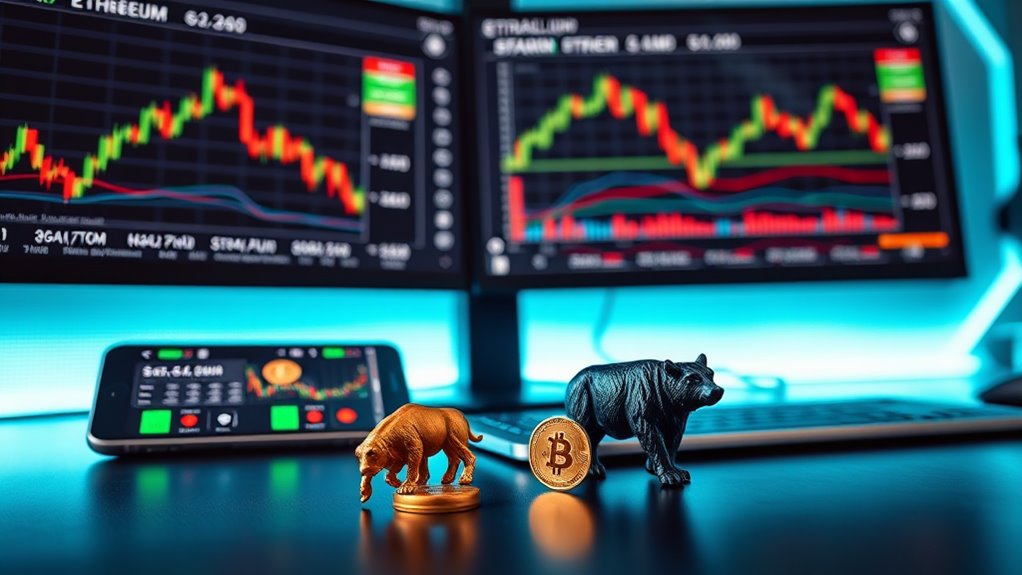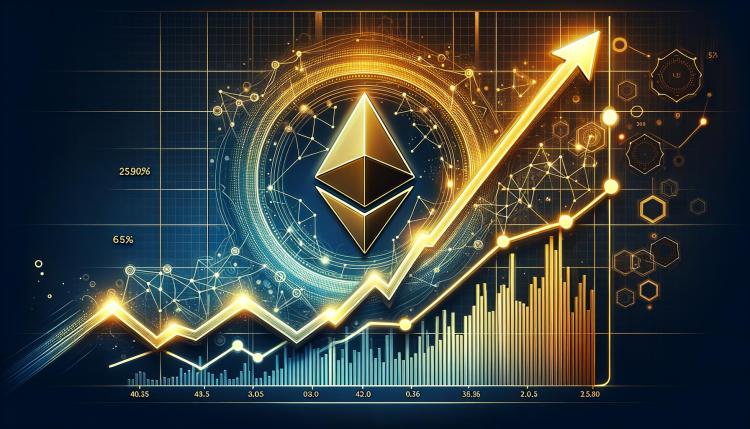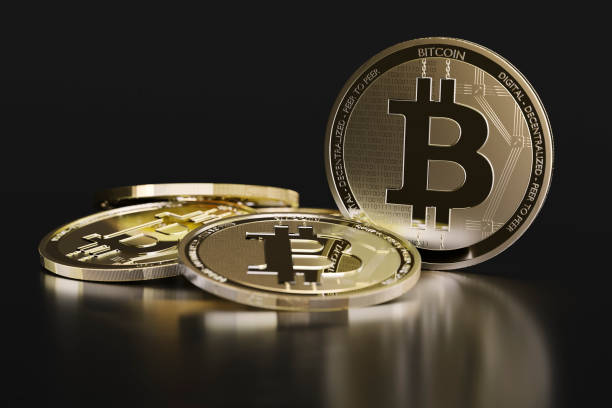Crypto Futures Explained
Note: This post may contain affiliate links, and we may earn a commission (with No additional cost for you) if you make a purchase via our link. See our disclosure for more info. The crypto world is constantly changing. This content is for informational purposes only and not financial, legal, or professional advice So, please verify the info on the cryptocurrency provider’s websites.
Crypto futures are a way to gamble on crypto prices without actually owning the coins. Traders enter agreements to buy or sell at predetermined future prices. These contracts can be a wild ride—think major volatility, margin calls, and significant financial risks. So, yeah, if you're not careful, losses can stack up fast. It's a bustling market, and if you stick around, you might catch all the juicy details about how this wild west of finance really works.

When it comes to crypto futures, things can get a bit wild, and that's putting it mildly. Imagine this: you can bet on the price of Bitcoin or Ether without even owning them. Sounds like a dream, right? These contracts let traders agree to buy or sell crypto at a future price, all without the hassle of actually holding the asset.
Crypto futures let you wager on Bitcoin and Ether prices without ownership—trading magic without the asset hassle!
But hold on, it gets better. Most of these contracts are cash-settled, which means you don't get the actual coins; you just settle up based on price differences.
Now, why are people diving into this chaotic pool? Well, they're hedging, speculating, and arbitraging like there's no tomorrow. But beware! When contracts expire, you better have a plan. Whether it's offsetting, liquidating, or rolling over, you need to tread carefully. The lifespan of a crypto futures contract includes expiration on a specific date, which is crucial for traders to manage their positions effectively.
And don't forget about leverage—it can amplify gains but also turn your investment into a horror story quicker than you can say "margin call." Crypto futures trading is designed to allow speculation on future prices of cryptocurrencies without ownership.
Crypto futures come with standardized contracts. You know, the kind that specifies price, quantity, and expiration. They have margin requirements that vary by exchange, and you might even find micro contracts for those who want to dip their toes without diving in headfirst.
It's like the kiddie pool of trading—safe and less messy.
And let's talk numbers. The crypto futures market is expected to hit $5.7 billion in 2024, with a healthy growth rate projected. Bitcoin futures are the rock stars here, thanks to their wild price swings and massive open interest.
It's no wonder derivatives make up more than half of daily trading volume.
But don't get too cozy. The risks are real. High volatility can turn a sunny day into a stormy nightmare. Rapid losses? They're just a click away. Using profit calculators can help you assess potential gains against the considerable risks before diving into futures trading.
Frequently Asked Questions
How Are Crypto Futures Different From Traditional Futures Contracts?
Crypto futures and traditional futures are like apples and oranges.
Traditional futures deal with tangible stuff—think oil or gold.
Crypto futures? They're all about digital coins, like Bitcoin.
Delivery? Forget it. Crypto futures are usually cash-settled.
Regulation? Good luck with that. Traditional markets are structured and strict, while crypto is a wild west.
And volatility? Crypto futures swing wildly, making traditional futures look like a sleepy Sunday drive.
Buckle up!
What Happens if I Hold a Crypto Futures Contract Until Expiry?
If someone holds a crypto futures contract until expiry, they're in for a wild ride.
Either they face a cash settlement—goodbye, profit or loss—or they might get hit with a physical delivery. Surprise! Now they have to deal with logistics.
Forgetting to roll over? Ouch, that's forced settlement territory. Margin calls can crash the party too.
Bottom line: it's all about managing that position before it's too late. Welcome to the thrill!
Can I Trade Crypto Futures on Weekends?
Yes, you can trade crypto futures on weekends. While traditional markets snooze, crypto keeps buzzing. Sounds great, right?
But hold on—weekend trading has its quirks. Lower volume means wider spreads, which is just fancy talk for potential chaos. Prices can swing wildly, thanks to those big players known as "whales."
Are Crypto Futures Regulated by Any Governing Body?
Yes, crypto futures are regulated—believe it or not! The CFTC takes the reins here, treating these contracts like commodities.
They're all about preventing fraud and market manipulation. On the flip side, the SEC is busy trying to classify crypto assets as securities, which is a whole other mess.
What Strategies Can I Use When Trading Crypto Futures?
When diving into crypto futures, strategies abound.
Think long/short positions to capitalize on price swings. Trend-following? Sure, if you're into chasing the market. Mean reversion's your buddy if you believe prices always come back to earth.
Scalping? Great for those who like fast cash, while swing trading suits the more patient.
Just remember, whatever you choose, don't go all-in and lose your shirt. Risk management is key. Don't be reckless!










